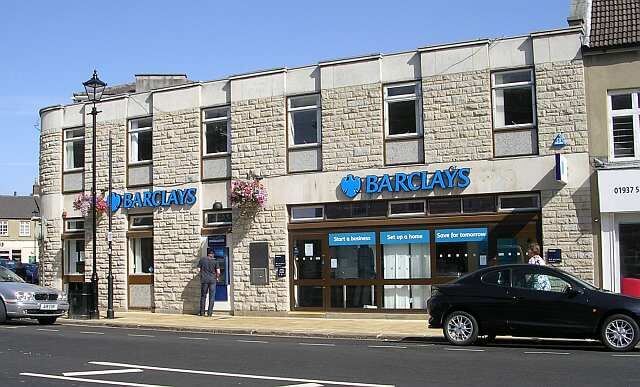

- Barclays, Lloyds, and Citi banks experimenting with tokenised deposits.
- The trial aims to explore digital banking potential amidst the uncertain future of ‘Britcoin’.
- BIS’s Agora project and UK government support reflect the global push for advanced financial systems.
In a bid to explore innovative financial technologies, three major British banks — Barclays, Lloyds Banking Group, and Citi — have commenced a trial to test tokenised deposits.
The trial, which began in February and involves collaboration with global payment giants Mastercard and Visa, aims to delve into the potential of digital banking solutions.
The future of UK’s Britcoin remains uncertain
The tokenized deposit trial comes at a time when the future of the digital pound, colloquially known as ‘Britcoin,’ remains uncertain despite initial explorations by the Bank of England in 2021.
In January, 2024, the UK Treasury and the Bank of England (BOE) announced a significant step forward in the development of the digital pound after a consultation process that garnered over 50,000 responses reflecting widespread interest and engagement in the initiative.
While the UK government supports digital finance innovations, there is a pressing need for clear regulatory guidelines to support tokenization initiatives within the banking sector.
The adoption of tokenised assets
Driven by a government-backed report urging local companies to adopt tokenisation technology, the UK is witnessing increased interest in digitising banking processes. Tokenised deposits offer the promise of enhanced efficiency and security in financial transactions, potentially revolutionizing traditional banking practices.
Internationally, the Bank for International Settlements (BIS) has launched Agora, a project aimed at connecting central and commercial banks through a shared infrastructure. The initiative, which includes participation from notable institutions such as the Bank of Japan and the Bank of France, focuses on improving cross-border payments and fostering collaboration within the global banking ecosystem.
Alongside Agora, BIS’s 2024 strategy encompasses projects like Project Aurum, which addresses privacy concerns in retail Central Bank Digital Currencies (CBDCs). These initiatives reflect a broader movement towards advanced and efficient financial systems on a global scale.
The experimentation with tokenized deposits by British banks signifies a proactive approach towards embracing digital finance solutions. However, the success of such initiatives hinges on navigating regulatory uncertainties and ensuring the security and integrity of digital transactions.
As the trial progresses over the next three years, initial results expected by late summer will provide insights into the feasibility and potential impact of tokenized deposits within the UK banking sector.
Whether these innovations will pave the way for wider adoption of digital currencies and transformative banking practices remains to be seen.





